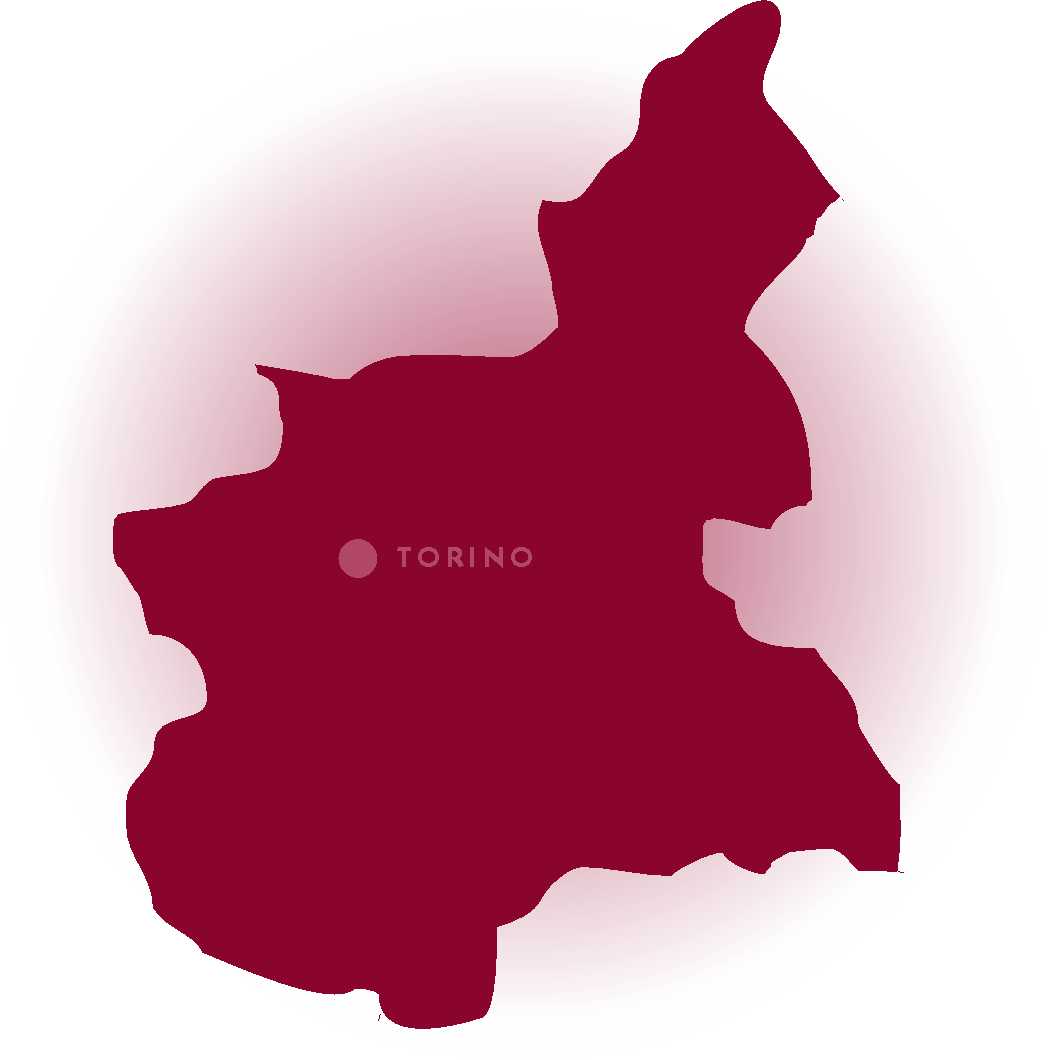The Piedmontese and Barolo Grappa and the steam still
Piedmont enjoys an ancient distilling tradition, thanks also to the enormous heritage of its vineyards which offer prized pomace from red grapes such as Nebbiolo, Dolcetto, Barbera, but also white ones like Moscato Bianco, Arneis, Erbaluce, etc...
The distillation of "Branda"
The Piedmontese call Grappa by the dialect name "branda." In the spirit of true craftsmanship, many distilleries have not adopted continuous cycle distillation systems, keeping the small boilers powered by flowing steam, still operating in a discontinuous cycle. Other artisanal systems use a bain-marie, and very rare are the ones operating with direct fire. Testifying to the ancient Piedmontese distilling tradition, it is worth mentioning that in 1739 the Guild of Confectioners and Distillers of Aquavit of Turin was established, with specific rules and regulations for all those who practiced the art of distillation.
One Region, two PGIs: Grappa di Piemonte and Grappa di Barolo
In addition to the PGI Grappa di Piemonte, there is Grappa di Barolo, which is recognized with a specific Protected Geographical Indication (PGI) that guarantees its authenticity and respect for local traditions.
Grappa di Barolo is produced exclusively from the pomace of Barolo DOCG wine, produced in the Langhe hills, a territory of about 2000 hectares located in the southern part of the region, near the Southwestern Alps, giving this Grappa a distinctive character, offering a unique sensory experience closely linked to the wine.
Excellent Grappas
The high quality of the pomace guarantees quality and highly characterized Grappas.
Grappa di Nebbiolo, Dolcetto, and Barbera, even with prolonged aging in barrels, are just some of the flagships of Piedmontese distillation.
Finally, we must not forget Grappa di Moscato Bianco, one of the most cultivated grape varieties in the region, which with its softness can give exquisite pleasure to the palate, even when paired with cheeses.
The great experience of the winemakers and the quality of the pomace give the Grappas of this region distinctly Piedmontese characteristics.
The distillation of "Branda"
The Piedmontese call Grappa by the dialect name "branda." In the spirit of true craftsmanship, many distilleries have not adopted continuous cycle distillation systems, keeping the small boilers powered by flowing steam, still operating in a discontinuous cycle. Other artisanal systems use a bain-marie, and very rare are the ones operating with direct fire. Testifying to the ancient Piedmontese distilling tradition, it is worth mentioning that in 1739 the Guild of Confectioners and Distillers of Aquavit of Turin was established, with specific rules and regulations for all those who practiced the art of distillation.
One Region, two PGIs: Grappa di Piemonte and Grappa di Barolo
In addition to the PGI Grappa di Piemonte, there is Grappa di Barolo, which is recognized with a specific Protected Geographical Indication (PGI) that guarantees its authenticity and respect for local traditions.
Grappa di Barolo is produced exclusively from the pomace of Barolo DOCG wine, produced in the Langhe hills, a territory of about 2000 hectares located in the southern part of the region, near the Southwestern Alps, giving this Grappa a distinctive character, offering a unique sensory experience closely linked to the wine.
Excellent Grappas
The high quality of the pomace guarantees quality and highly characterized Grappas.
Grappa di Nebbiolo, Dolcetto, and Barbera, even with prolonged aging in barrels, are just some of the flagships of Piedmontese distillation.
Finally, we must not forget Grappa di Moscato Bianco, one of the most cultivated grape varieties in the region, which with its softness can give exquisite pleasure to the palate, even when paired with cheeses.
The great experience of the winemakers and the quality of the pomace give the Grappas of this region distinctly Piedmontese characteristics.


